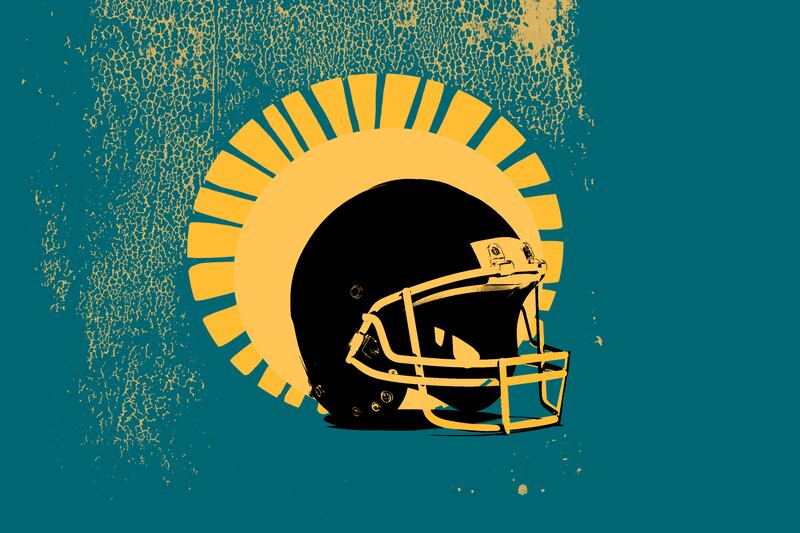Randall Balmer is an Episcopal priest and longtime sports fan, but neither of those facts really explain why he just published a book on sports and religion.
Balmer, a religion professor at Dartmouth College, published the book because he couldn’t stop thinking about sports radio. More specifically, about how much the people who call into sports shows care about their teams.
“I discovered sports radio in the early 1990s and was flabbergasted that there was such passion animating these discussions and debates,” he told me last week. “I couldn’t quite believe it.”
Listening to the debates, Balmer would recall the claim that sports is a religion. Although he still doesn’t think that’s true, the call-in shows convinced him that people today do bring the same level of passion to sports fandom that they once brought to religious faith.
“The way I put it in the book is that real devotion has migrated from the sanctuary to the stadium,” Balmer said.
That shift happened as religious organizations in the United States navigated an attendance and membership crisis. Pew Research Center recently reported that if current rates of religious switching away from Christianity hold steady, America will no longer be a majority Christian nation by 2070.
Despite his religious title, Balmer resisted the temptation to turn his new book, “Passion Plays: How Religion Shaped Sports in North America,” into a sermon about how sports fandom will never be as spiritually nurturing as spiritual practice. Instead, he looked at it as a chance to reflect on how religion’s role in the sports landscape has evolved over time.
“I wanted to tell stories and also derive some larger meaning from those stories,” he said.
“Passion Plays” notes that, in the 19th and early 20th centuries, when now-major sports like baseball and football were just getting started, religious leaders were among the strongest advocates for the games — and among their harshest opponents.
As some pastors founded church leagues and preached on the value of teamwork, others gave sermons on the evils of playing games on the Sabbath or of rooting for violence.
The religious community’s mixed feelings about sports are visible in the life of James Naismith, the inventor of basketball. When he joined a football team while in school studying to become a pastor — this was before his famous invention — some of his classmates starting praying over the state of his soul.
“There was a kind of lingering Puritan aversion to frivolity in American Protestantism at that time,” Balmer told me.
But Naismith himself, who went on to become a chaplain and basketball coach for the University of Kansas, saw no tension between taking both sports and religion seriously.
“Apparently he was good at football. He could be violent and do so with a smile,” Balmer said.
Eventually, religious leaders like Naismith won out and faith groups generally stopped discouraging interest or participation in sports. Today, faith-based schools like BYU and Baylor have some of the best athletic programs in the country.
As Balmer noted, he doesn’t see it as his job to decide whether or not that’s a good thing. He just points to the trend to help explain how professional sports leagues became so popular.
“(Sports) is where the real passion is directed in American society these days, particularly among white males,” he said.
Rather than fill their calendars with church meetings and Bible studies, families fill them with sporting events. They ask new acquaintances which team they root for instead of where they go to church.
In other words, as participation in organization religion has declined, sports has come to fill the religion-shaped hole in many people’s lives, Balmer said.
“There’s a fundamental human need for connection and community. At one time, many Americans found that in church or at the synagogue or mosque. Now, I think we look for it in our sports allegiances,” he said.
Although it’s been a long time since his first encounter with sports radio, Balmer is still surprised sometimes by how powerful the pull of fandom can be. He’ll turn on an NFL game and, before he knows it, he feels swept up into the action, body and soul.
“I still sort of feel connected to other fans when I’m watching it on TV, even though I’m watching alone more often than not,” he said.


